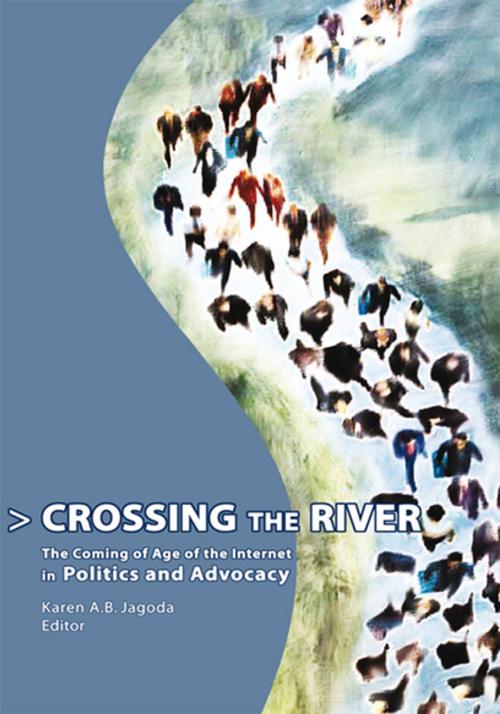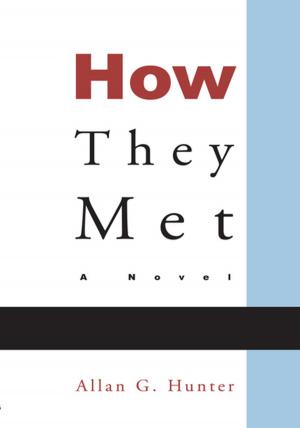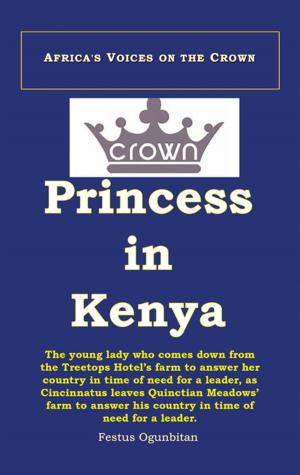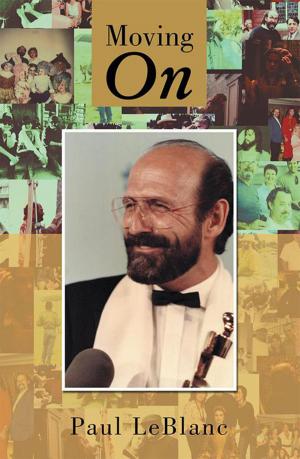Crossing the River
The Coming of Age of the Internet in Politics and Advocacy
Nonfiction, Social & Cultural Studies, Political Science, Government, Elections| Author: | Karen A.B. Jagoda | ISBN: | 9781462812653 |
| Publisher: | Xlibris US | Publication: | September 2, 2005 |
| Imprint: | Xlibris US | Language: | English |
| Author: | Karen A.B. Jagoda |
| ISBN: | 9781462812653 |
| Publisher: | Xlibris US |
| Publication: | September 2, 2005 |
| Imprint: | Xlibris US |
| Language: | English |
The political process is seeing the impact of disruptive technologies that are leading to dramatic changes in the marketplace of ideas and action. Crossing the River: The Coming of Age of the Internet in Politics and Advocacy, Karen A.B. Jagoda, Editor, documents how attitudes changed about the convergence of the Internet and politics from 1998 through the 2004 election. Until only recently, the Internet played no role in campaigns as television advertising, direct mail and phone banks took the vast majority of campaign budget dollars. By 2004, candidates effectively used Internet tools for fundraising, persuasion, and mobilization. The focus of this collection of provocative essays and research from a broad range of leading political online strategists and Republican and Democratic insiders is on the most effective use of online tools in order to better allocate valuable campaign resources. Candidates, political strategists, campaign mangers, media planners and buyers, fundraisers, grassroots organizers, public affairs experts, Web publishers, political scientists, and entrepreneurs will gain insights into this new political landscape through the lessons learned and predictions from some of the political and advocacy online pioneers of the 21st Century.
The political process is seeing the impact of disruptive technologies that are leading to dramatic changes in the marketplace of ideas and action. Crossing the River: The Coming of Age of the Internet in Politics and Advocacy, Karen A.B. Jagoda, Editor, documents how attitudes changed about the convergence of the Internet and politics from 1998 through the 2004 election. Until only recently, the Internet played no role in campaigns as television advertising, direct mail and phone banks took the vast majority of campaign budget dollars. By 2004, candidates effectively used Internet tools for fundraising, persuasion, and mobilization. The focus of this collection of provocative essays and research from a broad range of leading political online strategists and Republican and Democratic insiders is on the most effective use of online tools in order to better allocate valuable campaign resources. Candidates, political strategists, campaign mangers, media planners and buyers, fundraisers, grassroots organizers, public affairs experts, Web publishers, political scientists, and entrepreneurs will gain insights into this new political landscape through the lessons learned and predictions from some of the political and advocacy online pioneers of the 21st Century.















